Resources and Support for Couples in Ohio
When facing the challenges of addiction, relationship strain, or mental health issues, couples often need more than individual care. For those living in Ohio, Couples Rehabs offers a variety of resources and support systems designed to help couples work together toward recovery, personal growth, and stronger relationships. This article explores the key resources and support options available to couples in Ohio, from counseling services to addiction treatment programs tailored to meet the needs of couples seeking a fresh start.
Relationships can be one of the most rewarding and fulfilling aspects of life. However, when faced with issues like addiction, poor communication, and emotional stress, they can also become difficult to maintain. In these situations, it’s essential to seek out professional support. For couples in Ohio, Couples Rehabs provides numerous resources and programs to help partners heal together. This guide will walk you through the variety of support systems available for couples in Ohio, with a focus on the importance of addressing relationship dynamics in conjunction with individual care.
Why Couples Therapy and Support is Essential
When addiction or mental health issues are present in a relationship, both partners are often impacted. Addressing these problems through individual care is critical, but including the partner in the recovery process has proven to increase success rates. At Couples Rehabs in Ohio, both partners can work together to overcome their challenges and build a healthier, more supportive relationship.
The Importance of Communication in Relationships
Couples dealing with any form of crisis or difficulty often face breakdowns in communication. Many of the services offered at Couples Rehabs in Ohio focus on rebuilding these essential communication skills. Effective communication fosters understanding, reduces conflict, and helps partners navigate challenges in healthier ways. By focusing on these skills, couples can form a strong foundation for healing.
Couples Addiction Treatment Programs in Ohio
Substance abuse can severely damage relationships, but recovery is possible when both partners are committed to making changes. Couples Rehabs in Ohio offers specialized addiction treatment programs tailored specifically for couples. These programs allow partners to support each other throughout the process while also focusing on their personal journeys to recovery.
Benefits of Couples Addiction Treatment
- Shared Motivation: When both partners are in recovery together, they have a common goal and can hold each other accountable.
- Rebuilding Trust: Addiction often erodes trust between partners. Working together in a supportive environment helps to rebuild trust and repair the relationship.
- Improved Communication: Therapy sessions focus on improving how couples communicate, ensuring that they can effectively share their needs and feelings.
- Supportive Environment: Instead of isolating one partner during treatment, couples programs allow both individuals to participate, fostering a sense of unity.
What to Expect from Couples Rehab Programs in Ohio
Couples Rehabs in Ohio provides a range of addiction treatment services, including detoxification, inpatient programs, outpatient care, and aftercare support. Each program is designed to treat not only addiction but also the relationship dynamic between the couple.
- Detox and Initial Stabilization: The first step is medical detox, ensuring that both partners safely manage withdrawal symptoms.
- Inpatient Treatment: Couples stay in a supportive residential setting where they can focus entirely on recovery. Therapy sessions address both individual and relationship issues.
- Outpatient Programs: After inpatient treatment, outpatient care allows couples to continue therapy while transitioning back to everyday life.
- Aftercare Support: Recovery doesn’t end when a program is completed. Couples Rehabs offers ongoing support to help couples maintain their sobriety and relationship health.
Mental Health Resources for Couples in Ohio
For many couples, mental health issues such as anxiety, depression, or trauma can place a significant strain on their relationship. At Couples Rehabs in Ohio, couples can access a wide range of mental health services designed to help both individuals and relationships thrive.
Understanding the Role of Mental Health in Relationships
Mental health plays a critical role in every relationship. Whether one or both partners are struggling with mental health issues, these challenges can impact communication, emotional intimacy, and overall relationship satisfaction. It’s important to address mental health concerns early on to prevent these issues from worsening.
Couples Therapy for Mental Health Support
Couples Rehabs in Ohio offers therapy programs specifically designed to help partners navigate mental health challenges. This includes treatment for:
- Anxiety: Partners learn coping strategies and how to support each other through periods of high stress and anxiety.
- Depression: Depression can affect communication and emotional availability in a relationship. Therapy helps both partners understand and address these issues.
- Trauma: For couples dealing with the aftermath of trauma, specialized therapy can help them work through unresolved pain and rebuild trust.
- Codependency: Many couples struggling with mental health also face codependency issues. Therapy helps both individuals establish healthy boundaries and foster independence while remaining connected.

Support Groups for Couples in Ohio
Another key resource for couples in Ohio is support groups. These groups provide a space for couples to share their experiences, challenges, and successes with others who are going through similar situations.
Types of Support Groups Available
- Addiction Support Groups: Couples in recovery can benefit from attending groups where they meet other couples going through similar struggles. This environment fosters peer support and offers valuable insight into maintaining sobriety and a healthy relationship.
- Mental Health Support Groups: For couples dealing with anxiety, depression, or other mental health issues, attending support groups focused on these topics provides a sense of community and shared understanding.
- Couples Communication Workshops: Workshops focused on enhancing communication skills help couples improve how they interact with one another, leading to healthier, more satisfying relationships.
The Benefits of Support Groups
- Sense of Community: Couples often feel isolated when facing addiction or mental health challenges. Support groups offer a community of people who understand and can offer empathy.
- Accountability: Regular group meetings encourage couples to stay on track with their recovery or therapy goals.
- Shared Learning: Listening to others’ experiences can provide new perspectives and strategies for overcoming challenges.
Financial and Legal Resources for Couples in Ohio
Couples facing financial or legal issues can also find support in Ohio. For example, addiction often leads to legal problems, and mental health issues can exacerbate financial strain. Couples Rehabs can provide resources to help couples navigate these difficulties.
Financial Counseling
Money is one of the most common sources of stress in relationships. For couples facing financial challenges due to addiction or mental health issues, financial counseling services are available through Couples Rehabs in Ohio. These services help couples create budgets, manage debt, and set financial goals.
Legal Assistance
Legal issues often arise during addiction recovery, especially for those facing DUI charges, possession charges, or other substance-related legal problems. Couples Rehabs connects couples with legal assistance to help them navigate these challenges and focus on recovery.
FAQ
Conclusion: Rebuilding Together
Recovery, whether from addiction or mental health challenges, is never easy. However, for couples in Ohio, Couples Rehabs provides the resources and support needed to heal together. From addiction treatment programs to mental health services, support groups, and financial counseling, Couples Rehabs is committed to helping couples not only survive but thrive in their relationships. By focusing on communication, trust, and mutual support, partners can rebuild their connection and create a healthier, happier future together.
Whether you are just beginning the recovery journey or need ongoing support, Couples Rehabs in Ohio is here to guide you every step of the way. Reach out today to learn more about how you and your partner can access the support you need for a fresh start.

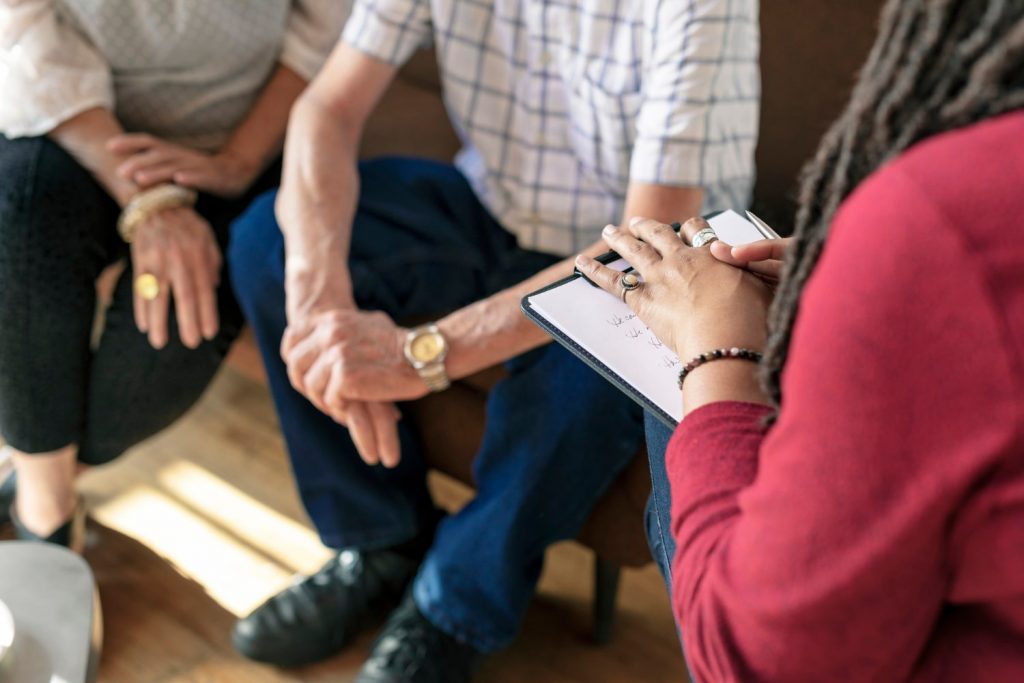



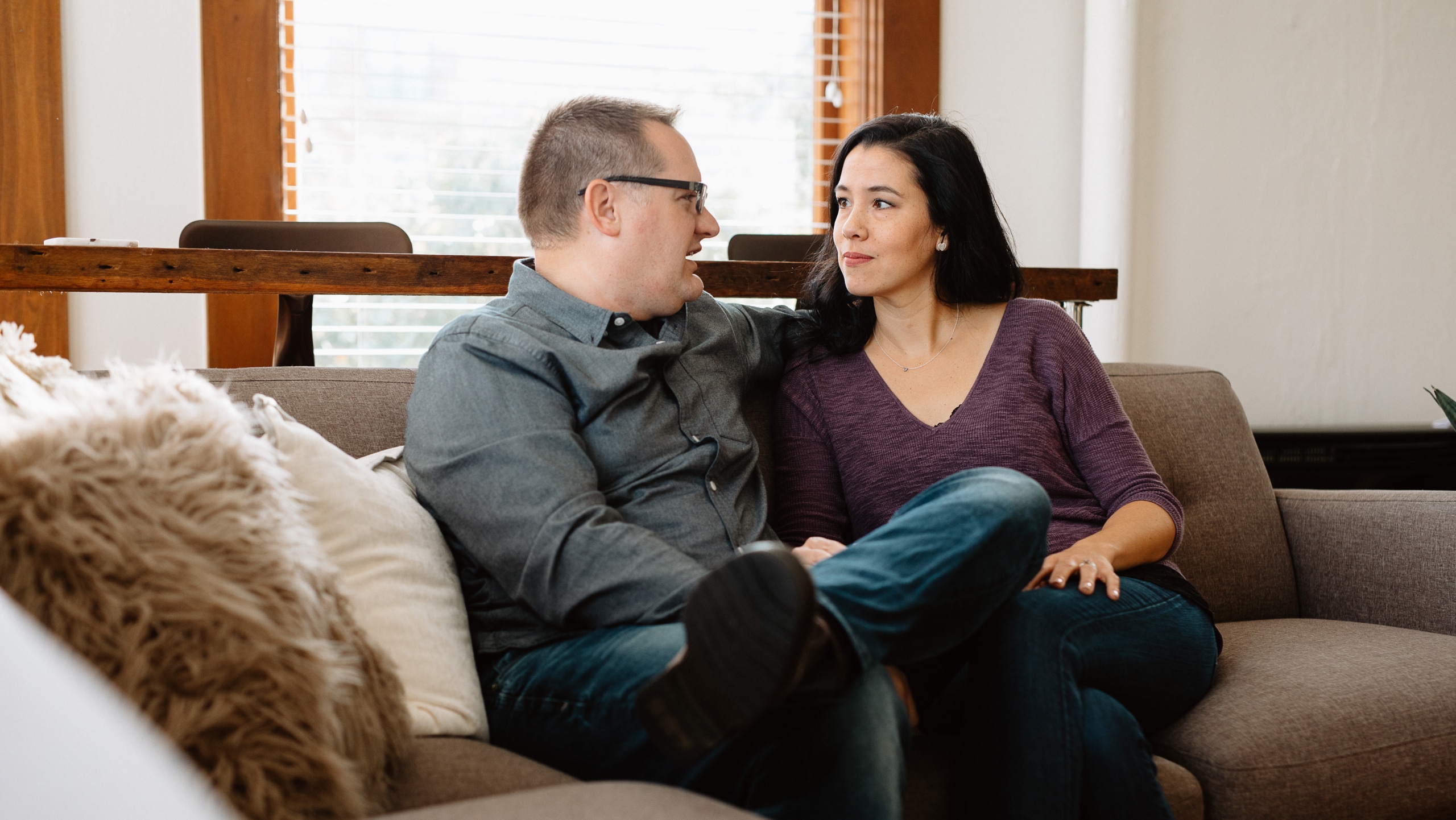








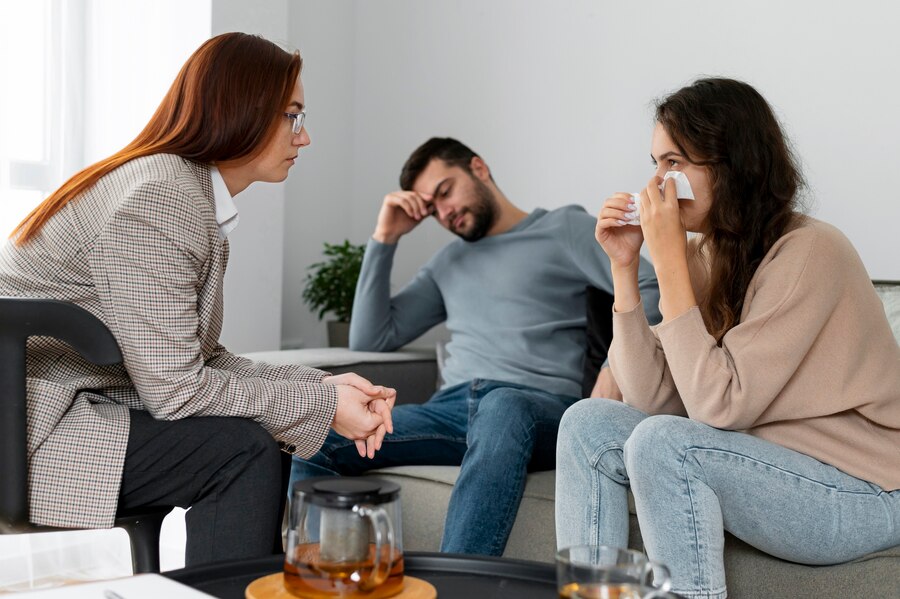


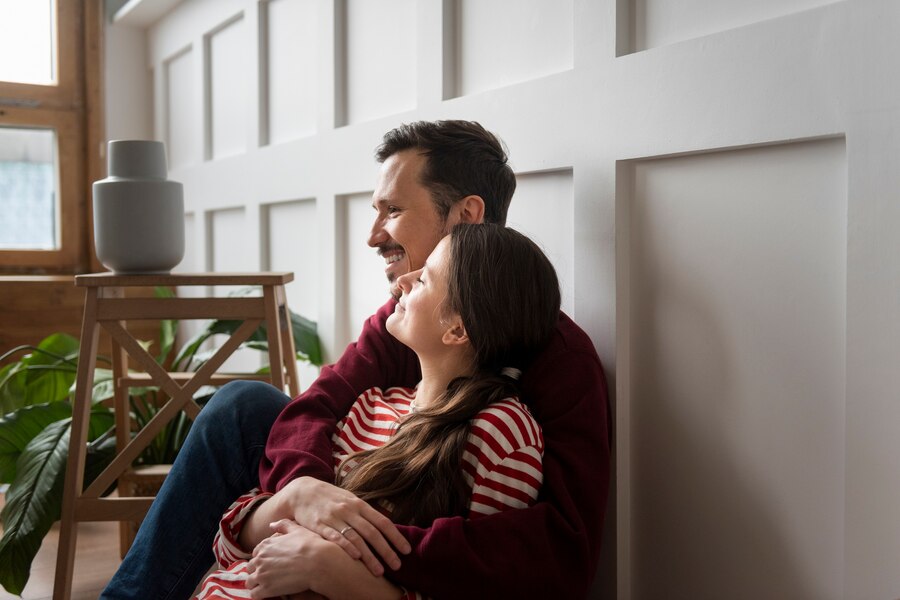
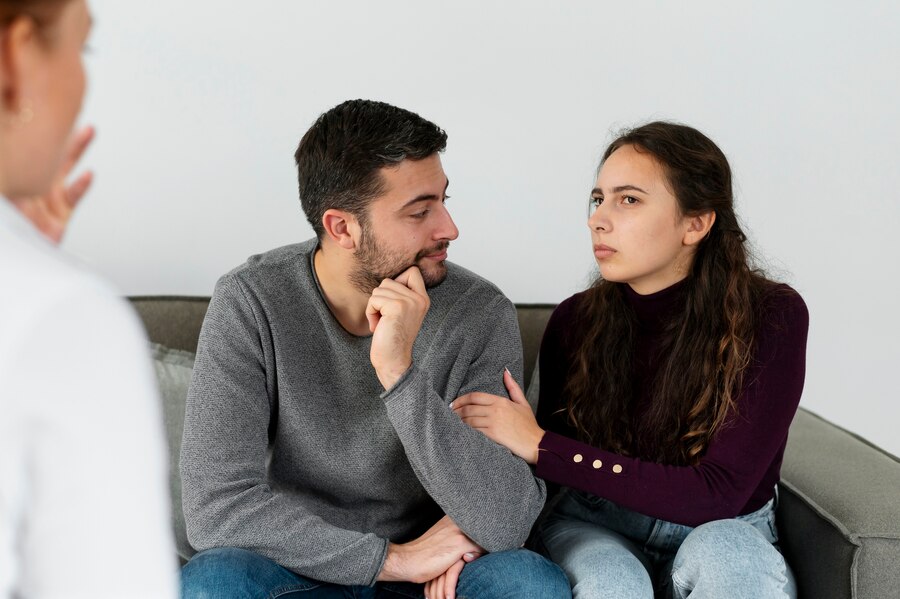

Recent Comments